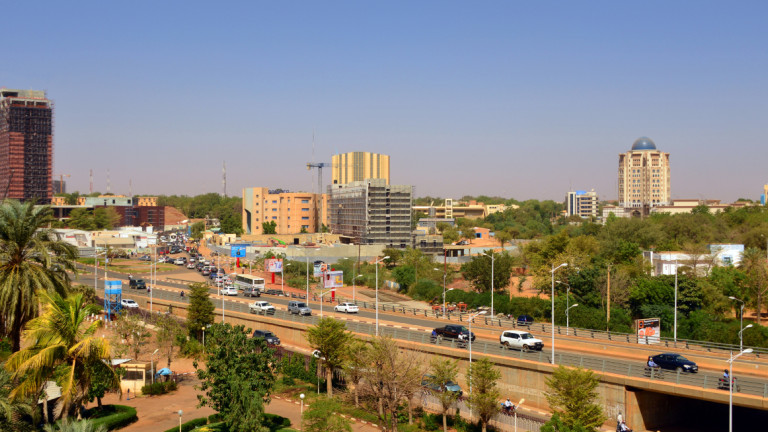Niger: Short-term political risk downgraded despite lifting of ECOWAS sanctions
Event
On 24 February 2024, the Economic Community of West African States (ECOWAS) decided to lift sanctions on Niger, raising humanitarian reasons for stepping away from their tough restrictions. Earlier this month, Credendo decided to downgrade Niger’s short-term political risk classification from 5/7 to 6/7, reflecting tight liquidity and a worsened security and political situation following the military coup last summer.
Impact
In July 2023, ECOWAS imposed far-reaching sanctions on Niger as a reaction to the military ousting of President Mohamed Bazoum on 25 July. Land and air borders were closed, all commercial and financial transactions were suspended between ECOWAS members and Niger, Nigerien assets were frozen in ECOWAS central banks and commercial banks, and travel bans were imposed for involved military officials. These measures substantially raised the risk for liquidity shortages and accruing payment delays. In fact, since the coup, the government of Niger has cut expenditures and defaulted on its external debt by missing repayments of more than USD 500 million.
The political crisis in the coup-prone Sahel region further worsened after military-ruled Burkina Faso, Mali and Niger decided to leave the 15-member ECOWAS bloc in January 2024, which would take effect as of January 2025 if not reversed. Consequently, ECOWAS decided to lift sanctions on Niger as part of a new strategy to stop the three junta-led Sahel states from withdrawing from the regional bloc. Such an exit would seriously disentangle trade and service flows in the region and further increase instability. Moreover, the bloc failed to secure the release of ousted president Mohamed Bazoum in return for the lifting of sanctions, a major sign of weakness knowing ECOWAS initially threatened to invade Niger to reverse the July coup.
Niger is a leading uranium producer but also one of the poorest countries in the world. Credendo recently downgraded Niger’s short-term political risk classification from category 5/7 to 6/7, mainly explained by falling liquidity levels, the expected near-term prevalence of opaque military rule and high security risks. Indeed, the military authorities continue to stall an agreement on a political transition timeline. They have consolidated control over state institutions and receive support from a significant segment of the population despite the economic hardship resulting from the sanctions and suspension of aid and security support (the IMF programme and western financial aid programmes were suspended after the coup). Like in Chad, Guinea, Burkina Faso and Mali, there is a risk for a countercoup.
The suspension of substantial western security assistance and the withdrawal of foreign forces will exacerbate the enormous security challenges, also in Niger’s neighbouring states. The last French forces left Nigerien soil in December 2023 and on 16 March the junta announced the abrogation of the military agreement with the United States, also meaning US forces will likely have to leave (comprising about 600 troops and major drone installations). As a result, violence and insecurity are only expected to worsen – especially in the northwestern and southeastern border areas – despite the expected partial pivot towards Russian support to tackle militant Islamist violence. The recent lifting of sanctions does lower the risk for civil uprising as economic activity will resume. In fact, Niger’s GDP growth is expected to recover to 12.8% in 2024 – Sub-Saharan Africa’s fastest growing country – coming from 2.3% in 2023. Growth is driven by the agricultural sector, initiating oil exports from the Niger-Benin oil pipeline and general trade resumption following the lifting of ECOWAS sanctions. The anti-western sentiment and anticipated rapprochement with Russia will most likely lead to prioritisation of Russian investors.
Analyst: Louise Van Cauwenbergh – l.vancauwenbergh@credendo.com
